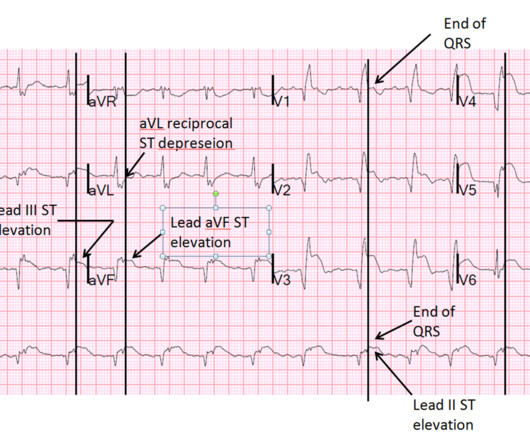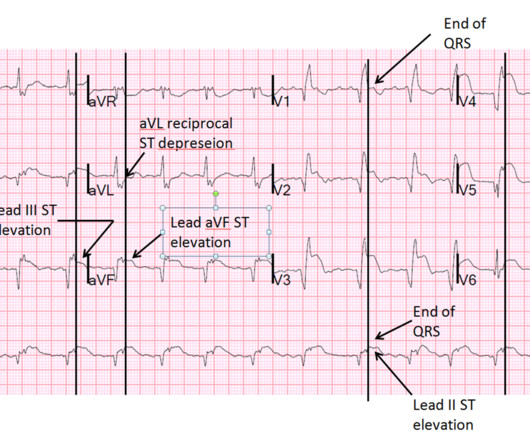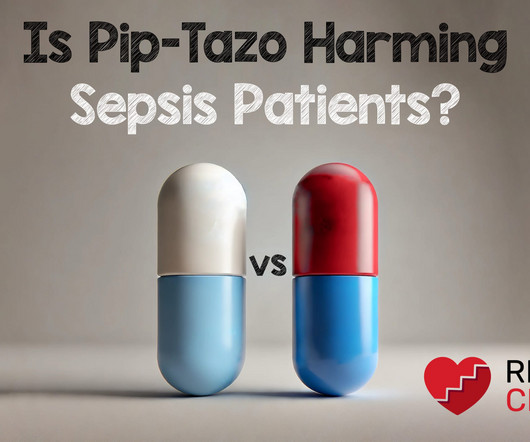emDOCs Podcast – Episode 110: Primary Spontaneous Bacterial Peritonitis
EMDocs
NOVEMBER 13, 2024
Older age, recurrent episodes of SBP, hepatorenal syndrome, hepatic encephalopathy, acute kidney injury (AKI), concurrent GI bleeding, and higher MELD scores are predictors of worse outcomes. Management: Patients can rapidly progress to septic shock and multiorgan failure. 2009 Mar 7;15(9):1042-9. coli (50-90% of cases).






































Let's personalize your content